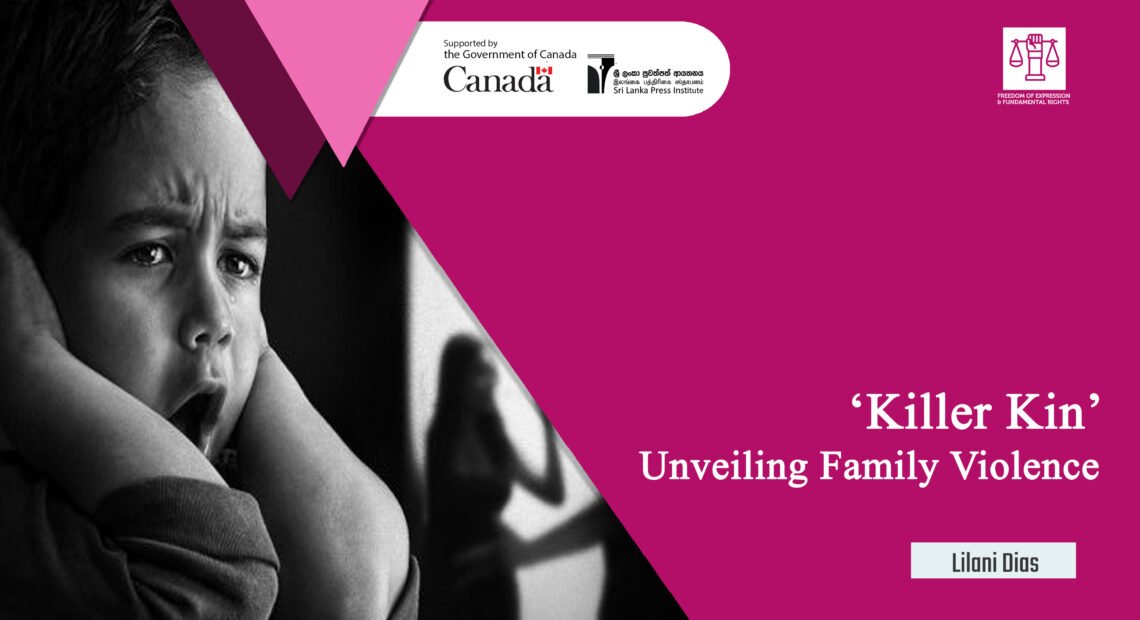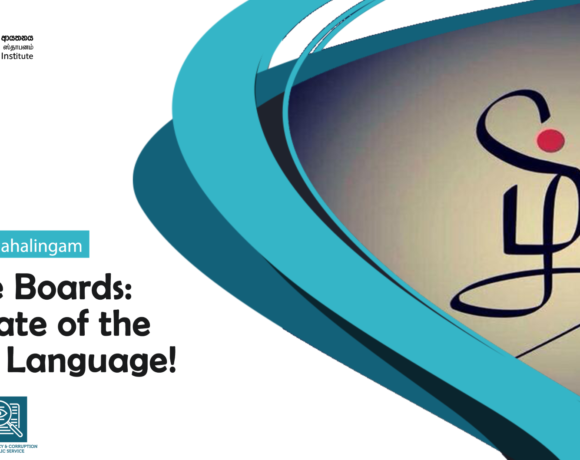
Killer Kin- Unveiling Family Violence
Lilani Dias
“If family violence teaches children that might make right at home, how will we hope to cure the futile impulse to solve worldly conflicts with force?” questions Letty Cottin Pogrebin, an American author and activist. With this opening, it is best to warn the reader that what is being addressed here is a serious issue that we often sweep under the carpet, and forget. In other words, this is about our familial enemies, the kind that has potential if unchecked, to kill.
While domestic violence is a frequent topic in general Sri Lankan discourse, there is often a disregard or an erasure of the term “family violence”. We tend to believe that domestic abuse only happens between spouses/partners which is a false belief. We tend to brush aside the bystanders – the children. In a society that is still coming to terms with the right to divorce an abusive partner rather than letting elders in the family talk one into staying ‘for the sake of children’. Ironically it is the children’s wellbeing that we compromise. The psychological trauma of witnessing is as serious and as terrible as getting victimized. To witness such horrors is also a form of victimization. For young children, family violence can result in introverted behaviour. Children who witness family violence can lose their trust in the world. According to Piaget’s stages of psychosocial development of children, a child as young as 2 years old can still understand the world around her/him, and “knows the world through their movements and sensations” (Cherry, 2020).
In Sri Lanka, we often label suicide to be a result of a jilted love story. According to World Population Review website, Sri Lanka is in a leading position in the country list, being the 29th rank according to suicides and suicide rate is 14.6 suicides per 100 000 in 2019” (http://archive.cmb.ac.lk/), and not all of these are tragic endings of love stories. Many suicides are due to depression youth experience as they see how hopeless their surrounding environments are. Family violence can create situations where youth grow up either to be perpetrators themselves or to refuse human interactions with their fellow beings including sexual partners. In Sri Lanka, there is also the dangerous tendency of normalizing family violence, where one can often hear people say “there are issues in every family, these things are normal”. Such ideas subscribe to patriarchal ideologies already existing in society, making women perennial victims and men, the victimizers. Family; a unit that ought to lay the foundations for a balanced, humane, peaceful individual, instead creates a society where the norm is one of indifference towards violence, where just by being within the social construct of family, violence becomes legitimized.
It is observed that as people have been crammed inside homes for extremely long periods of time under the current COVIS-19 situation, more and more cases of domestic violence and specifically family violence have been reported. With such an increase, it is crucial to create awareness regarding the negative consequences of family violence, and to offer support for people who are in such violent situations. Sumithrayo and several other institutions provide free counseling and guidance in Sri Lanka, yet what should be done is to create a discourse where people accept that ‘family violence’ is not, at any cost, normal. The enemies of mental peace that live with us should be unveiled if family is to become the ideal founding stone upon which a better society is to be established.








